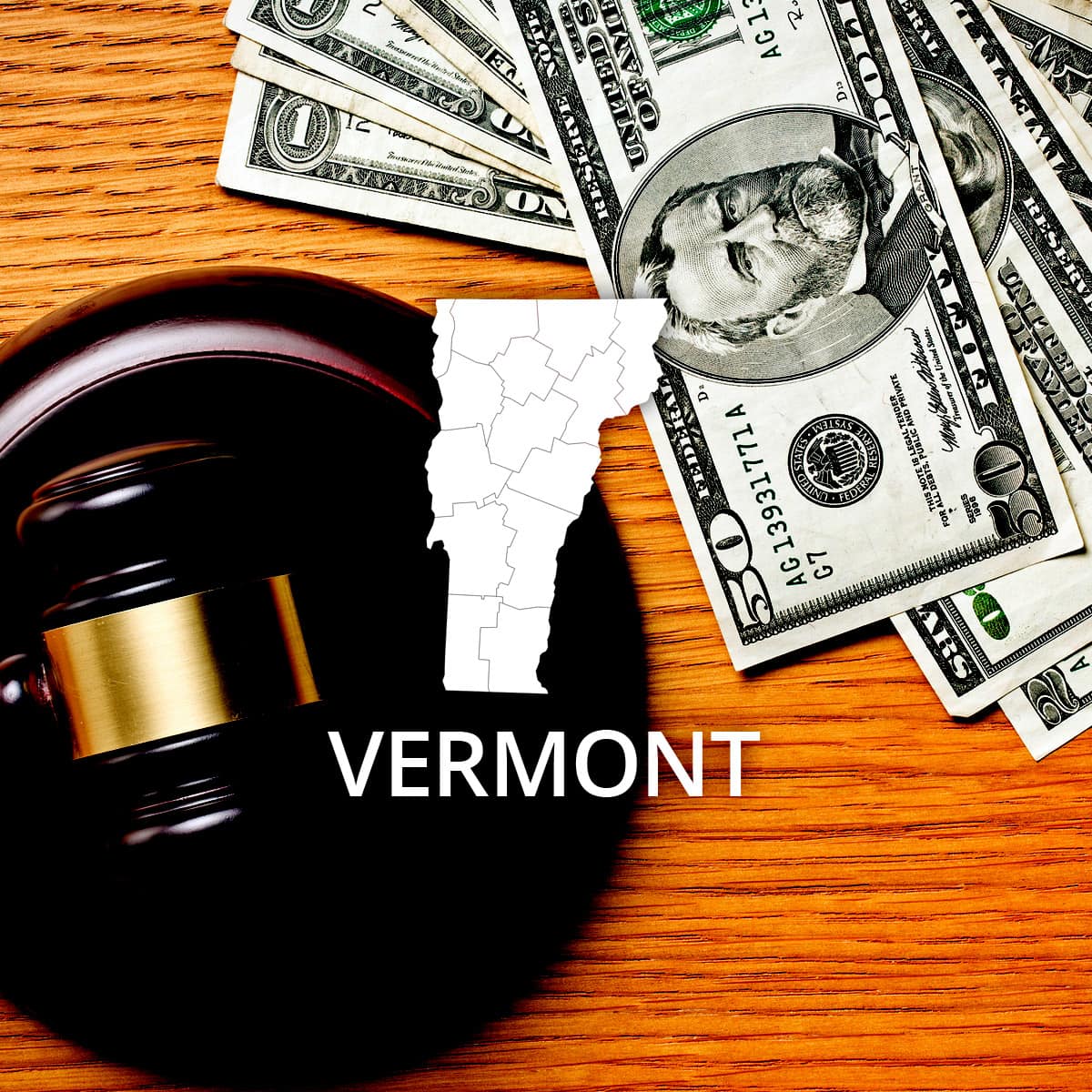 Multiple Bankruptcies: How Often You Can File One?
Multiple Bankruptcies: How Often You Can File One?
Table of Contents
 How to File Bankruptcy in Vermont
How to File Bankruptcy in Vermont
 Bankruptcy is a matter of federal court and governed by federal laws. Each state has at least one U.S. Bankruptcy Court, depending upon the number of districts in the state. Vermont has only one.
Bankruptcy is a matter of federal court and governed by federal laws. Each state has at least one U.S. Bankruptcy Court, depending upon the number of districts in the state. Vermont has only one.
Filing bankruptcy can be a good option for anyone who finds themselves in over their head in debt. However, it is strongly suggested by the court to first seek advice of legal counsel prior to filing. If you can't afford a lawyer, you may contact the American Bar Association for attorneys who offer free consultations and reduced-fee services. Every bankruptcy court also allows you to file without an attorney, or "pro se."
 Filing for Chapter 13, Chapter 7, and Other Types of Bankruptcy in Vermont
Filing for Chapter 13, Chapter 7, and Other Types of Bankruptcy in Vermont
The most common types of bankruptcy filed include Chapter 7, 13, 11 and 12. Chapter 7 is filed by individuals who want to liquidate their assets to pay creditors and ask for unsecured debts to be discharged. Chapter 13 allows debtors to reorganize their debts so that payments can become more affordable, and maintain ownership of property such as houses and cars.
Chapter 12 is filed by professional fishermen and farmers, and Chapter 11 is filed by businesses wishing to reorganize their debts.
Bankruptcy can remain on your credit report up to 10 years after discharge, and can negatively affect your score and ability to obtain additional credit.
 Steps to Filing Bankruptcy
Steps to Filing Bankruptcy
Prior to filing for bankruptcy, the court requires debtors to attend an approved credit counseling course and provide proof of completion. This must be done within six months prior to filing for bankruptcy.
When filing the petition for a bankruptcy, the court requires certain fees to be paid. Chapter 7 & 13 fees are a few hundred dollars. Chapter 11 can be $1500 and up. If these fees aren't paid, the case can be dismissed. Chapter 7 petitioners may ask for a fee waiver form or reduced payment plan.
Multiple schedules and documents must also be filed with the court prior to the initial hearing. Tax returns, proof of income, property owned, debts owed and general living expenses are all submitted to the court. Chapter 7 petitioners must also complete a means test to prove their inability to pay back their debts.
During the initial court hearing, a meeting of creditors is scheduled and trustee assigned to the case. The meeting allows creditors to interview the debtor and negotiate discharges or lowered debt responsibility to make it more affordable. The agreed upon schedule of repayment or discharges is then submitted to the court for approval.
Debtors must finally complete a financial management course approved by the court and submit proof of completion before a bankruptcy will be discharged.
Additional information and bankruptcy forms can be found at https://www.uscourts.gov/forms/bankruptcy-forms or RecordsFinder.com Court Forms Section.
 Location Specific Information
Location Specific Information
The District of Vermont U.S. Bankruptcy Court has locations in Burlington at 11 Elmwood Ave in the Federal Building, and in Rutland at 151 West Street. The Rutland location does not have a staffed court clerk's office. Hours are 8:30a.m.- 5:00 p.m.




